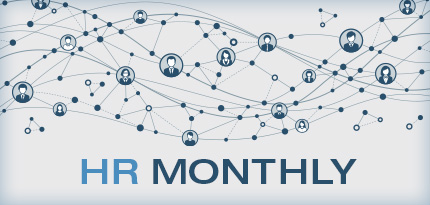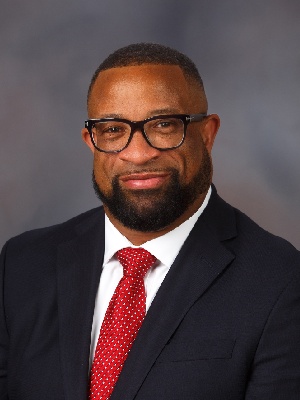Professional courtesy starts with civility

Civility is important in all aspects of our lives, and it is particularly important in the workplace, where it impacts productivity, morale and job satisfaction.
Our words and actions have a powerful impact on the people around us, whether we are speaking to co-workers, managers, patients or students. Whether in classrooms, laboratories, or clinical settings, a culture of civility ensures that we work together harmoniously, support each other's growth and uphold the highest standards of professionalism.

When people treat each other with respect and kindness, they are more likely to feel valued and appreciated. This leads to higher levels of engagement and productivity. Civility is key to successful collaboration between co-workers and helps foster an environment of trust and respect. It can also help to reduce stress and tension within the workplace.
For managers, coaching, counseling and corrective action are necessary parts of any supervisory responsibility. The language used to correct or reinforce workplace performance must be respectful and professional. Civility requires that even the most critical feedback be delivered respectfully, privately and courteously. Conversely, individuals receiving coaching, counseling and feedback are expected to interact professionally and respectfully when receiving such information.
UMMC’s commitment to maintaining a safe and professional environment is reflected in our Disruptive Behavior Policy, designed to ensure that everyone within our institution is treated with courtesy, respect, cultural sensitivity and dignity. All members of the UMMC community are responsible for maintaining a safe, respectful and professional work environment. Civility involves not only respecting others, but being polite, courteous and thoughtful when interacting with others – including those with diverse perspectives, backgrounds or beliefs.
Behaviors that interfere with or inhibit normal work functions are inappropriate and may be considered policy violations. In addition to threats, stalking and assaults, behaviors that create stressful or traumatic incidents and those that distract or hinder others may be defined as uncivil. Reports or complaints will be investigated by Human Resources and/or UMMC Police and Public Safety Department.
Civility in the workplace fosters a culture of respect, collaboration and trust, which are critical to both mission outcomes and the well-being of our employees. As the chief human resources officer, it is my firm belief that promoting civility is not just a moral imperative but a strategic necessity.

- Frank Lenior, Chief Human Resources Officer


